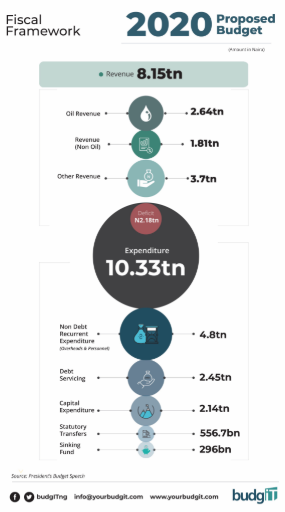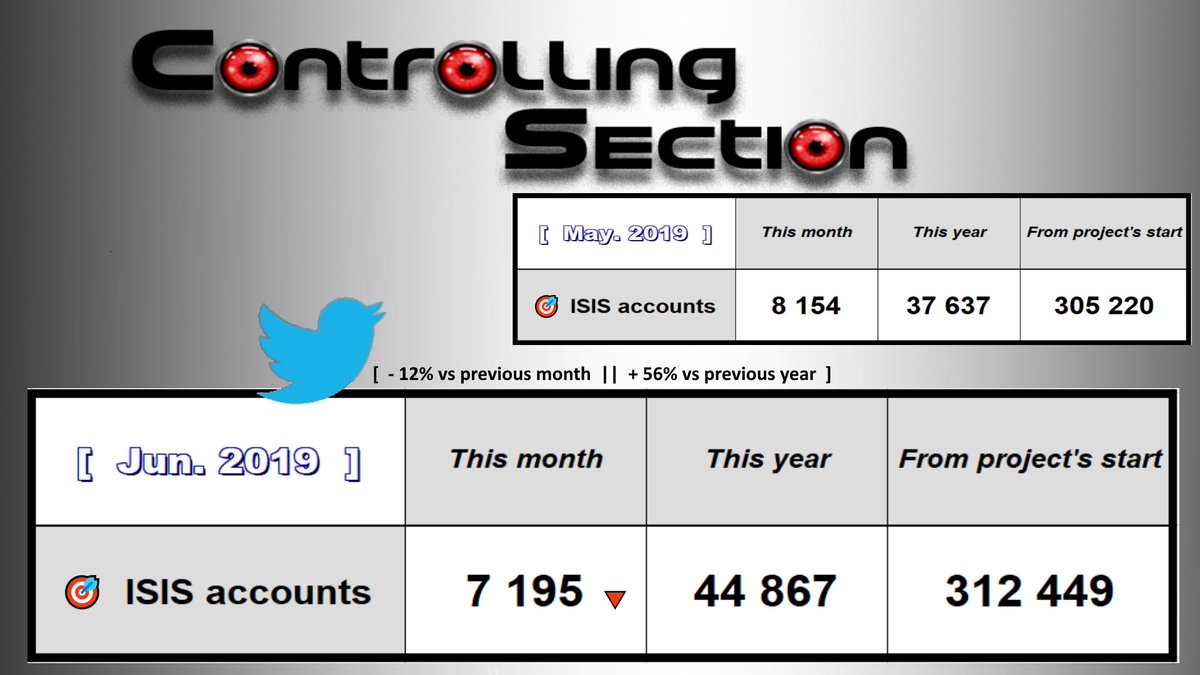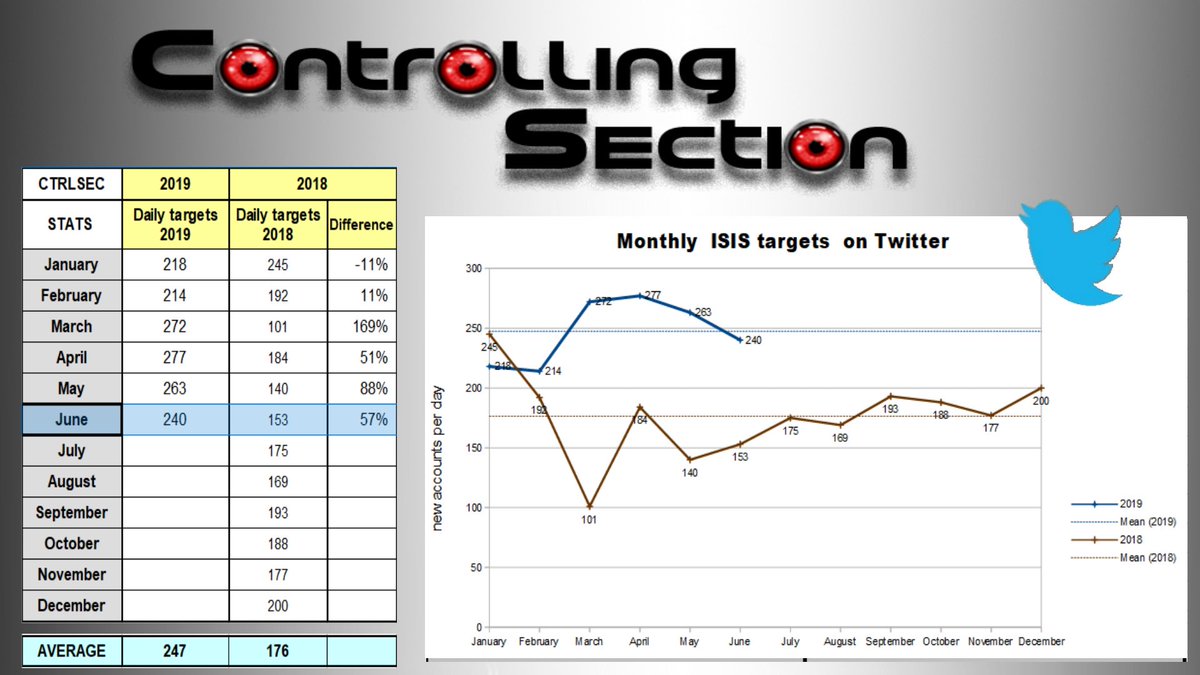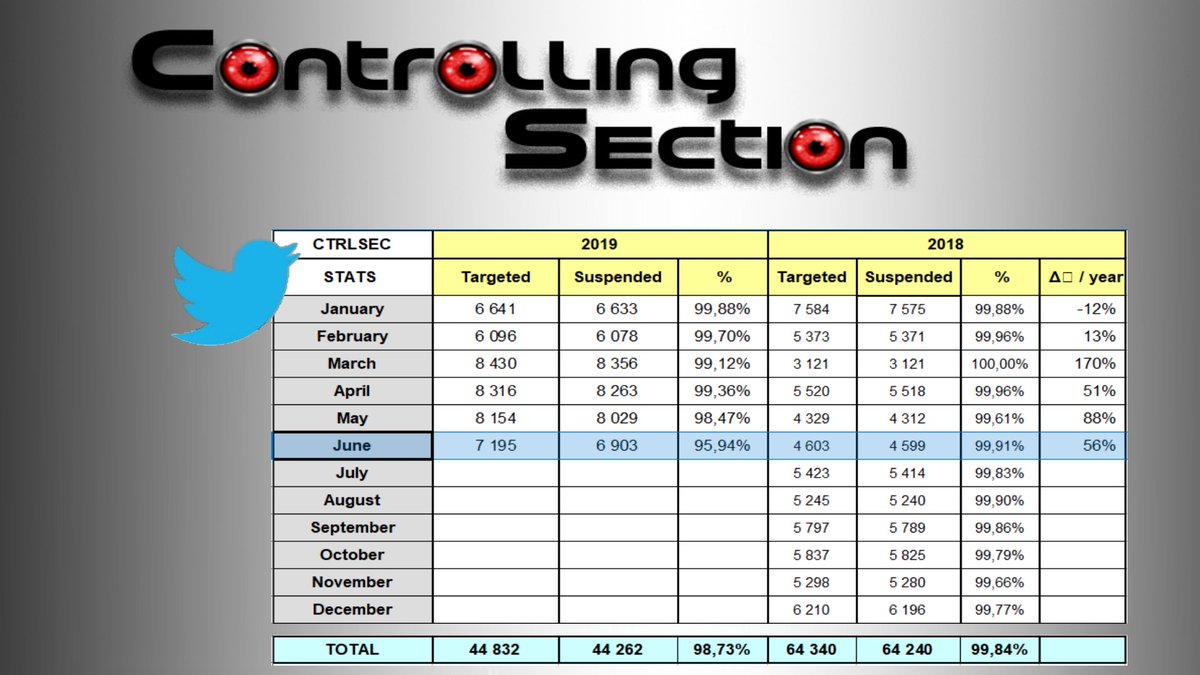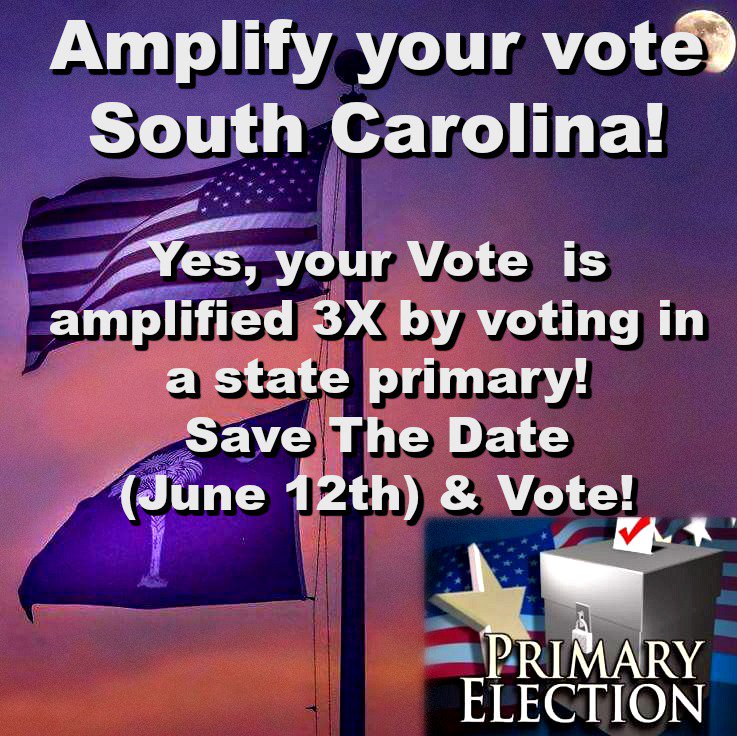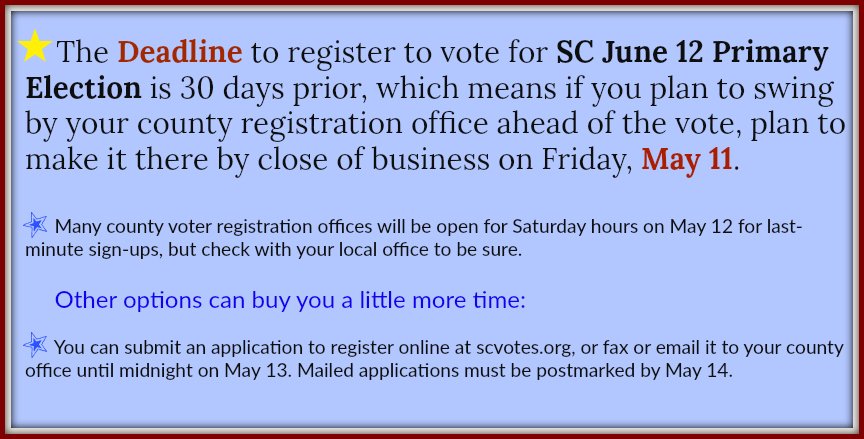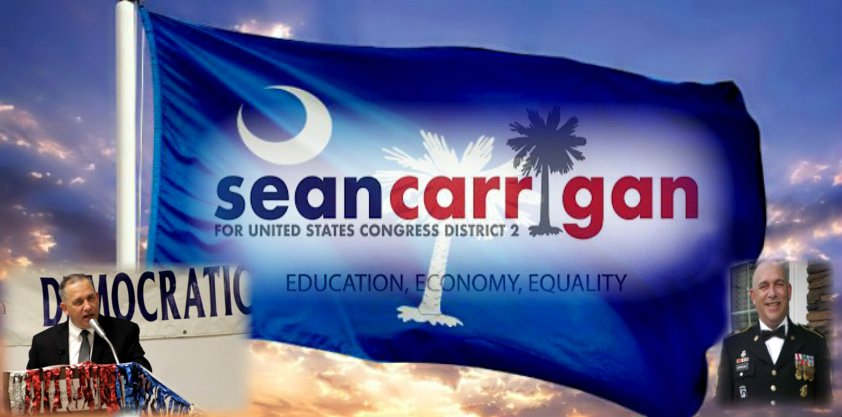On the 16th Sept, the @cenbank released two circulars
A THREAD
2. Merchant Service Charges (MSC) has been reviewed downward from 0.75% cap (N1,200) to 0.50% cap (N1,000)
What does this mean?
So IMO, this is the one issue that should be dominating conversations and not the implementation of another element of a cashless policy that has been on since 7 years.



